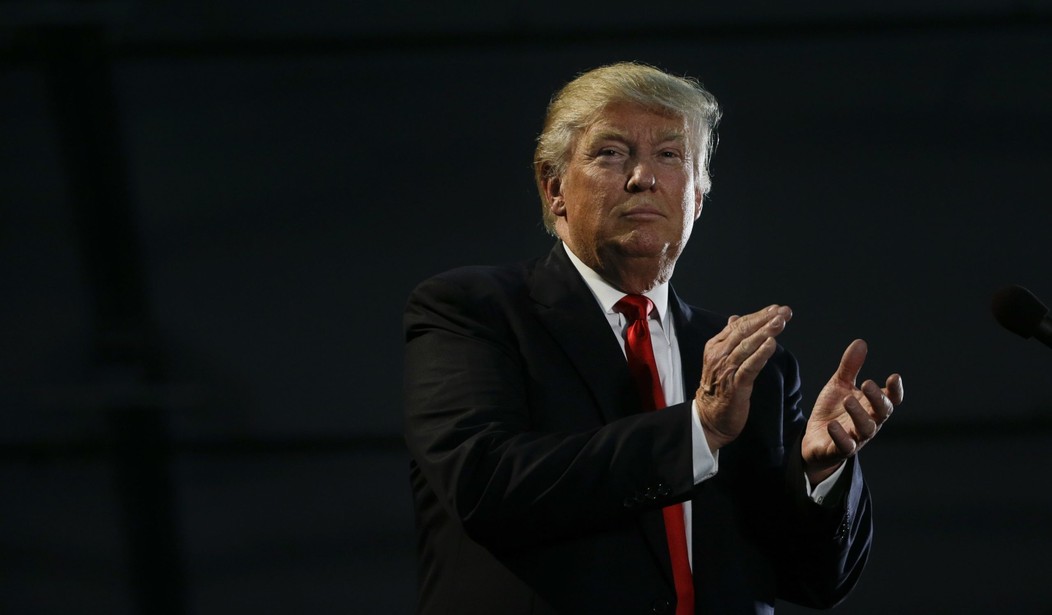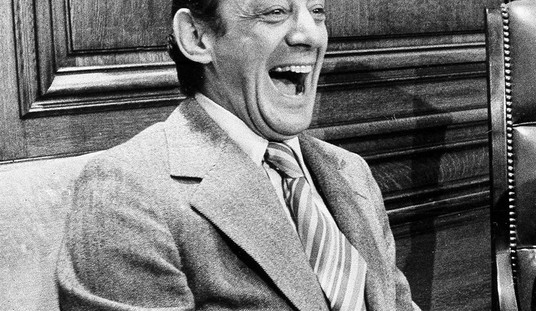Time magazine named President-elect Donald Trump “Person of the Year” on Wednesday. Trump is Time‘s 16th “Person of the Year” since 1999, when the magazine changed the title from “Man of the Year,” a title it started bestowing on historic figures in 1927. Trump is the 79th person to be given the title, and 2016 is the 90th time Time bestowed the year’s mantle on one person or group of people.
While Time admitted that Trump essentially defined the 2016 election, it did not treat him kindly. “The revolution he stirred feels fully American, with its echoes of populists pasts, of Andrew Jackson and Huey Long and, at its most sinister, Joe McCarthy and Charles Coughlin,” wrote Nancy Gibbs. “Trump’s assault on truth and logic, far from hurting him, made him stronger.”
Gibbs described his appeal as “part hope, part snarl,” even while admitting that it “dissolved party lines and dispatched the two reigning dynasties of U.S. politics.” She also acknowledged that “his victory mirrors the ascent of nationalists across the world, from Britain to the Philippines, and taps forces far more powerful than one man’s message.”
Trump shares the “Man/Person of the Year” title with great heroes and villains. He now shares ranks with the Indian freedom fighter Mahatma Gandhi, Franklin Delano Roosevelt (named three times!), Winston Churchill (twice), French freedom fighter Charles de Gaulle, John F. Kennedy, Martin Luther King Jr., Ronald Reagan, and Pope Francis. But he also shares ranks with Nazi dictator Adolf Hitler and Soviet dictator Joseph Stalin (twice).
Despite his historic election, Trump only represents one in a long line of presidents chosen by Time. Every president from Franklin Roosevelt to Barack Obama has been named, many of them twice or three times. Bill Clinton, George Bush, and Barack Obama were each named “Man/Person of the Year” the year they were elected.
The magazine has also selected historical figures which are not persons but rather symbols of movements, such as the Hungarian freedom fighter (1956), U.S. scientists (1960), the inheritor (1966), the middle Americans/”silent majority” (1969), American women (1975), the computer (1982), the endangered Earth (1988), the Peacemakers (1993), the Whistleblowers (2002), the American soldier (2003), the Good Samaritans (philanthropists in general, 2005), you (2006), the protester (2011), and Ebola fighters (2014).
Next Page: Why not Hillary Clinton? She made 2016 about Trump.
These people represent those with the most influence, for better or worse. As Gibbs pointed out, Hillary Clinton chose to make the 2016 election “a character test, a referendum on Trump.” She argued that Clinton’s popular vote victory, “while legally irrelevant, affirmed the prospect of the female Commander in Chief.” While Gibbs noted that Trump won the presidency while 6 in 10 voters had an unfavorable view of him, she failed to point out that Clinton’s favorability was even worse.
It is clear Gibbs considers Trump an influence “for the worse.” Although she acknowledges the many who see the Republican’s success as “a long-overdue rebuke to an entrenched and arrogant governing class,” she also gives a stronger edge to those who see it as for the worse: “the destruction extends to cherished norms of civility and discourse, a politics poisoned by vile streams of racism, sexism, nativism.”
This largely overlooks the extreme negatives associated with Clinton — fears that she would trample religious freedom, further enforce political correctness through law, perhaps even start a war with Russia. Time should note, as Americans remember, that Clinton not only had her own baggage, but failed to be as transparent as Trump, holding back on press conferences and eschewing the public eye in a way that stoked fears of some hidden crippling disease.
It is fitting for Trump to win this honor. Not only did he play the media — most of whom outwardly despised him while secretly salivating over higher ratings — but he was able to outflank the Democrats’ “first woman president,” despite his own low favorable ratings. No matter how angry liberals are (and their kind of protesting arguably helped propel Trump to victory), as Clinton said in her concession speech, it’s time for all Americans to give Trump “an open mind and the chance to lead.”









Join the conversation as a VIP Member